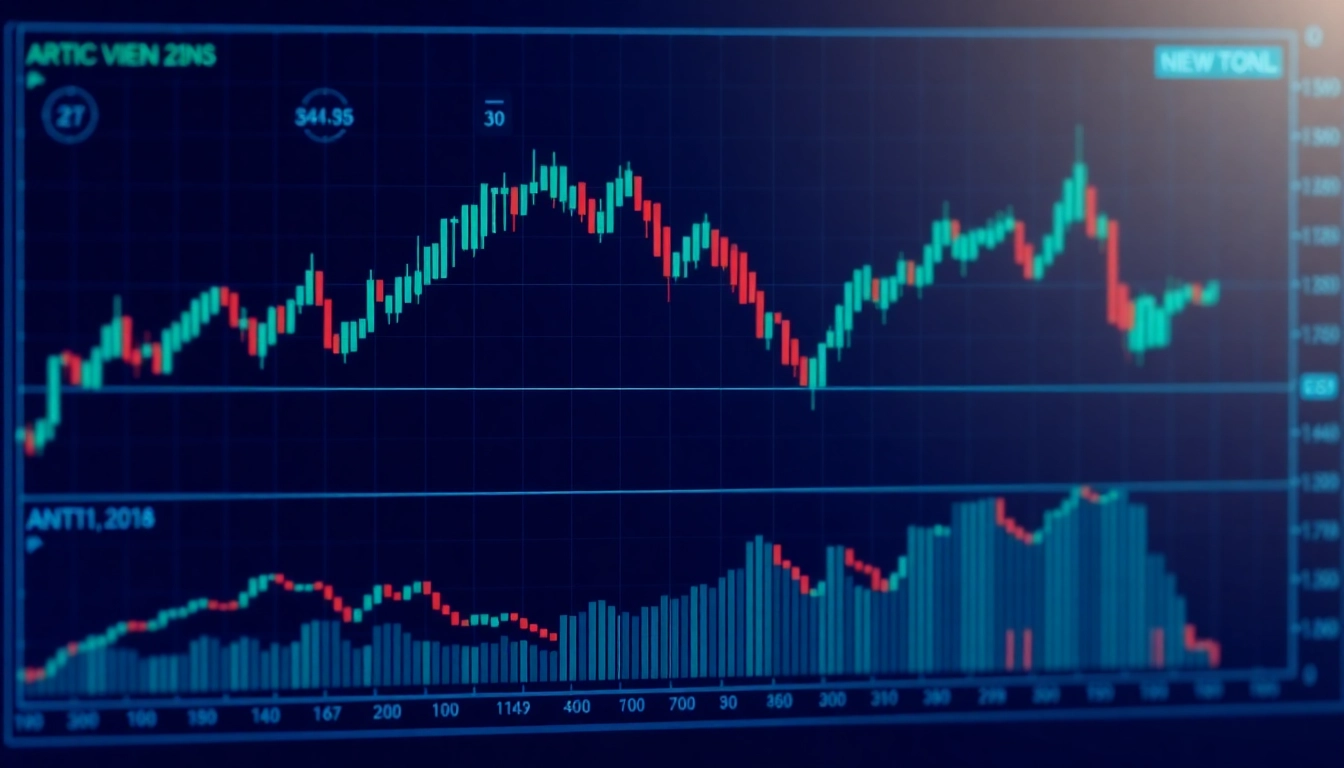Understanding the Role of Wholesalers in the Food Industry
In the dynamic landscape of the food industry, wholesalers play a pivotal role in bridging the gap between manufacturers and retailers, ensuring a seamless supply chain that maintains product integrity and availability. For businesses aiming to access high-quality spices, processed foods, herbs, and other specialty food items, partnering with reputable Wholesalers becomes essential. These entities not only facilitate bulk procurement but also uphold standards of quality, authenticity, and reliability that are vital in the competitive food market.
Key Functions and Benefits of Working with Wholesalers
Wholesalers serve as the backbone of the distribution chain, particularly for bulk ingredients like spices powder, whole spices, herbs, sauces, pickles, and dehydrated foods. Their primary function is to procure large quantities directly from manufacturers, such as Spice Nest, and distribute these to retailers, restaurants, or even other wholesalers. This process offers several advantages:
- Cost Efficiency: Buying in bulk reduces individual unit costs, enabling retailers to offer competitive pricing.
- Supply Consistency: Wholesalers ensure a steady supply of products, minimizing gaps that could disrupt retail chains or hospitality services.
- Product Variety: Leading wholesalers maintain extensive product ranges—covering everything from organic superfoods to processed chutneys—making it convenient for clients to access diverse inventory from a single source.
- Market Expertise: Experienced wholesalers possess in-depth knowledge of market trends, quality standards, and customer preferences, adding value to their partnerships.
How Wholesalers Ensure Product Quality and Authenticity
Quality assurance is non-negotiable in the food industry. Reputable wholesalers collaborate directly with certified manufacturers like Spice Nest, which is renowned for its authentic products and adherence to global certifications. These wholesaler-manufacturer relationships ensure that products such as organic spices, dehydration foods, and canned specialties meet stringent safety and quality standards. Key practices include:
- Stringent Supplier Qualification: Establishing partnerships only with manufacturers with recognized certifications (ISO, HACCP, FDA compliance).
- Regular Quality Checks: Conducting sampling and testing at various stages of supply to verify purity, authenticity, and adherence to label claims.
- Traceability Systems: Maintaining transparent records that trace products from origin to point of sale, ensuring authenticity and accountability.
Industry Standards and Certifications for Food Wholesalers
Compliance with industry standards enhances credibility and broadens market access. Certifications like ISO 22000, HACCP, Organic certifications, and Fair Trade are critical benchmarks. Manufacturers like Spice Nest excel in obtaining such certifications, which wholesalers must verify before distribution. These standards guarantee that products meet safety, hygiene, and quality benchmarks, fostering trust among consumers and regulatory bodies.
Choosing the Right Wholesaler for Spices and Processed Foods
Evaluating Product Range and Supply Capacity
When selecting a wholesaler, it is vital to assess their product portfolio comprehensively. A diversified range—from spices powders to dehydrated foods and ready-to-eat delicacies—demonstrates their ability to cater to varying customer needs. Additionally, their supply capacity should align with your business scale; a wholesaler must have robust logistics and inventory management systems to prevent stock-outs and delays.
Assessing Certification, Quality Assurance, and Reliability
Credential verification should be an integral part of due diligence. Reputable wholesalers prominently display their certification credentials and quality assurance processes. Request documentation such as ISO certifications, food safety audits, and organic certificates. Reliability can also be gauged by their reputation, industry presence, participation in major food exhibitions like Biofach or Food絡 fairs, and client testimonials.
Building Long-term Partnerships with Trusted Wholesalers
Effective collaboration hinges on transparent communication, consistent quality, and mutually beneficial terms. Establishing long-term relationships fosters favorable pricing, priority service, and collaborative growth. Regular engagement, feedback sharing, and joint planning are strategies to nurture such partnerships, positioning your business for sustained success.
Strategies for Boosting Sales Using Wholesaler Relationships
Effective Bulk Buying and Inventory Management
Maximizing the benefits of wholesale procurement involves strategic planning. Analyzing market demand patterns helps optimize order quantities and timing, reducing holding costs while preventing shortages. Implementing advanced inventory management tools ensures real-time stock monitoring, enabling quick response to sales trends.
Leveraging Wholesale Networks for Market Expansion
Wholesale partnerships open doors to broader markets. Distributors with established networks can introduce your products to regional and international markets, expanding your customer base. Participating in industry trade shows like Biofach or Food絡 fairs, where companies like Spice Nest showcase their products, further enhances brand visibility and credibility.
Pricing Strategies and Value Addition for Retail Success
Strategic pricing, based on wholesale costs plus targeted margins, attracts consumers while maintaining profitability. Offering value-added products like organic spices, specialty chutneys, or ready-to-eat gourmet meals can differentiate your offerings. Additionally, bulk discounts or bundled deals incentivize larger orders and foster customer loyalty.
Innovative Trends and Opportunities in Wholesale Food Distribution
Incorporating Organic and Specialty Spices
The organic food sector is booming, with consumers increasingly seeking natural, chemical-free products. Wholesalers that stock certified organic spices, herbal blends, and superfoods capitalize on this trend. Features like traceability and eco-friendly packaging further appeal to health-conscious shoppers.
Digital Platforms and E-commerce for Wholesalers
Digital transformation revolutionizes wholesale operations. Online platforms streamline order processing, inventory updates, and customer engagement. E-commerce websites, mobile apps, and B2B portals facilitate faster transactions, broader reach, and enhanced transparency, aligning with modern buyer expectations.
Adapting to Consumer Preferences and Market Demands
Market research indicates rising preferences for ethnic flavors, ready-to-eat meals, and health foods. Wholesalers remaining agile by updating their product lines, offering trendy ingredients, and emphasizing quality certifications will stay ahead in the competitive landscape.
Case Studies: Successful Wholesale Distributors in the Food Sector
Analyzing Top Performing Wholesale Models
Leading wholesalers like Spice Nest exemplify success through diversified product offerings, adherence to international standards, and active participation in major exhibitions. Their strategic focus on organic and specialty foods enables them to capture niche markets, exemplifying how quality and innovation drive growth.
Lessons from Leading Food Wholesale Companies
Key takeaways include maintaining transparent supply chains, investing in certification and quality control, leveraging global trade shows, and adopting digital solutions. These practices build trust and facilitate international expansion, especially for Indian manufacturers aiming to export to global markets.
Strategies for Starting Your Wholesale Business
New entrants should focus on identifying reliable manufacturers, securing necessary certifications, and understanding logistics intricacies. Establishing a professional network, participating in trade fairs, and adopting e-commerce tools can accelerate growth and establish a competitive foothold.




